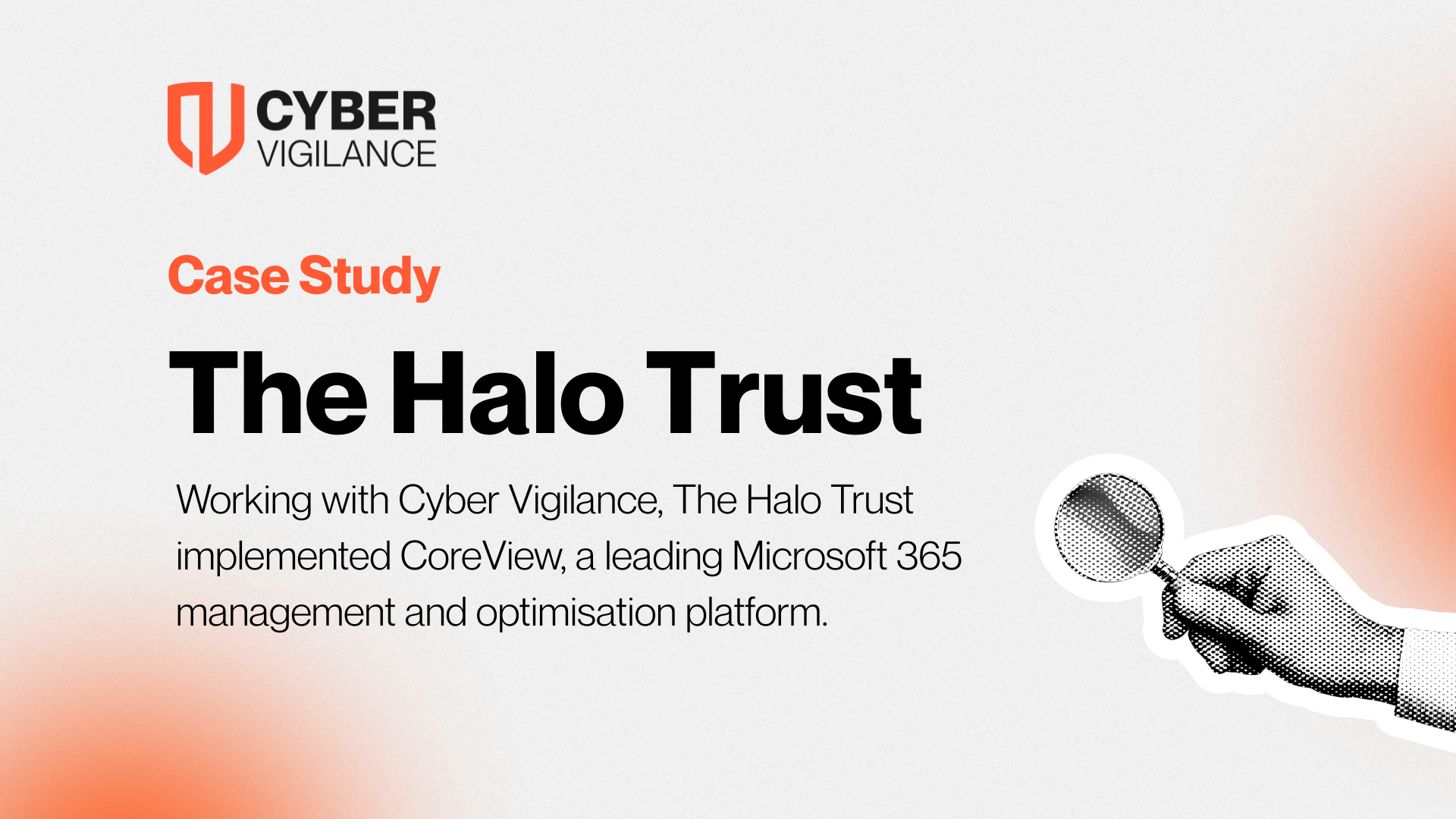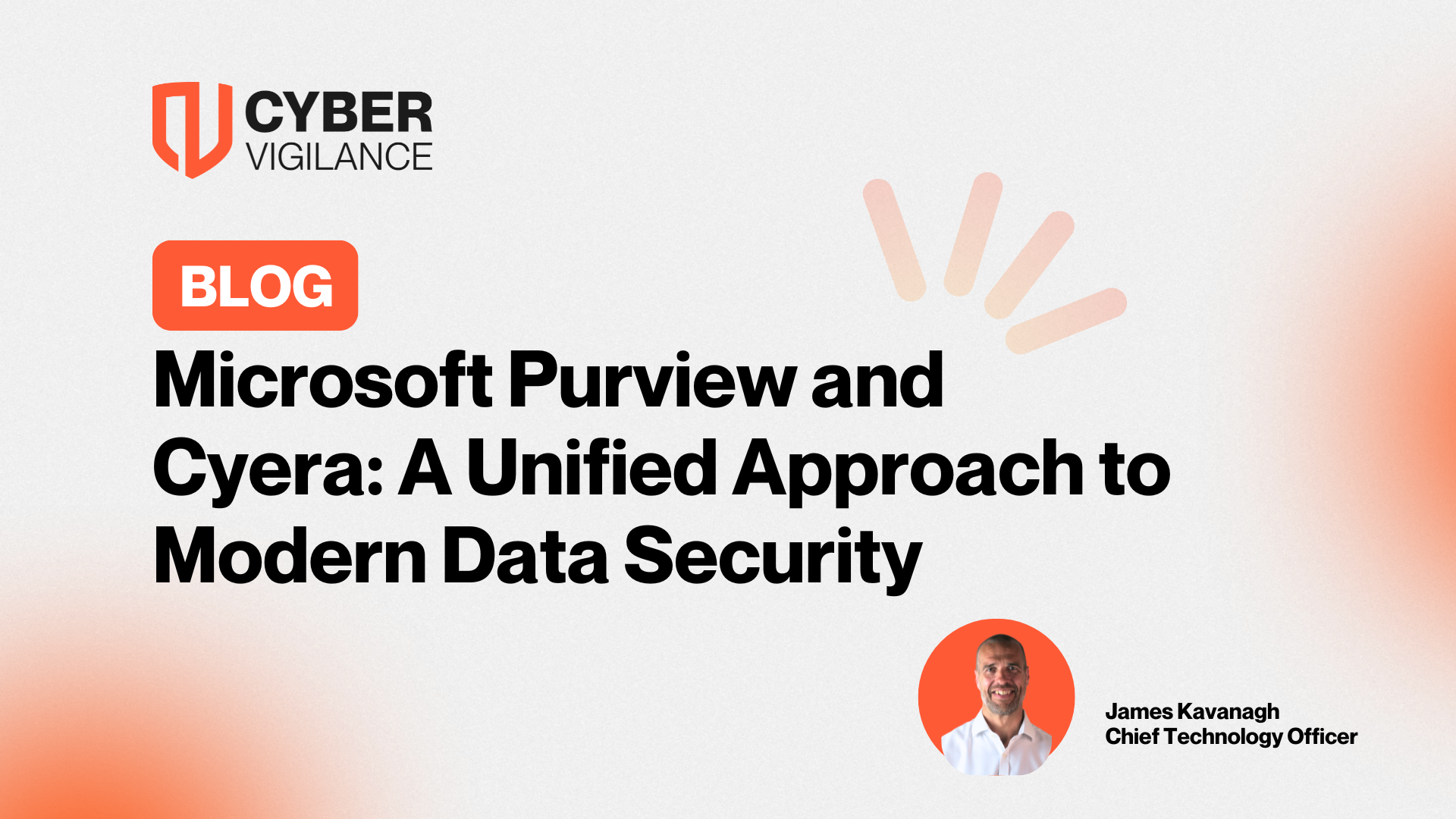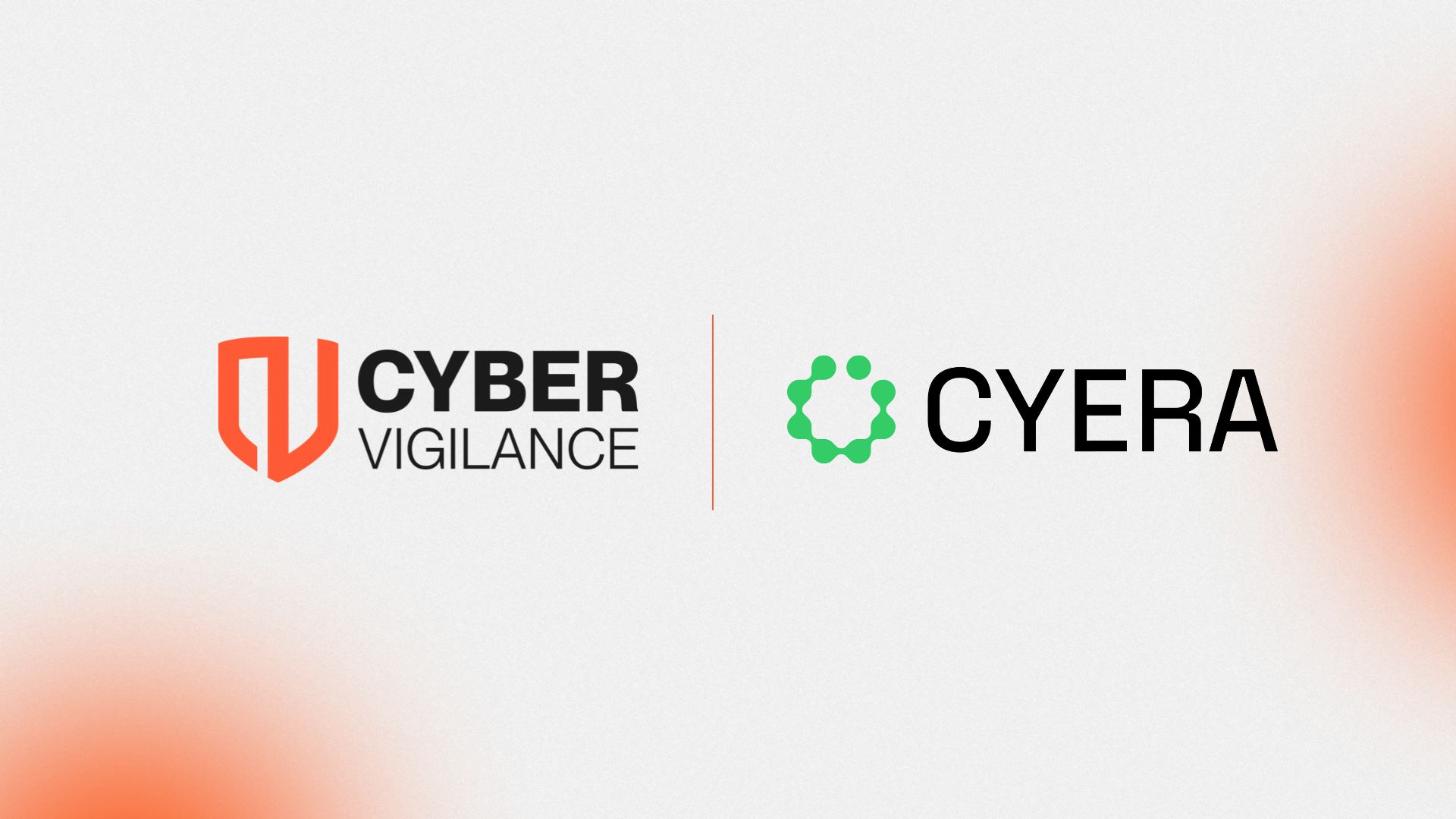Cyber Security Issues Legal Firms Face in the UK in 2025 (and How Cyber Vigilance Can Help)
The legal profession in the UK is under siege. Not from opposing counsel or difficult clients, but from an invisible enemy that's becoming increasingly sophisticated and relentless: cybercriminals.
The legal profession in the UK is under siege. Not from opposing counsel or difficult clients, but from an invisible enemy that's becoming increasingly sophisticated and relentless: cybercriminals. If you're running a law firm in 2025, the question isn't whether you'll face a cyber threat: it's when, and whether you'll be ready for it.
The numbers are frankly alarming. Cyber attacks on UK law firms surged by 77% in 2024, and the trend shows no signs of slowing down. The legal sector experienced 2,284 data breach incidents in the year leading up to September 2024: a massive 39% jump from the previous year. But here's the kicker: many attacks go completely undetected, meaning the real figures could be significantly higher.
Why Legal Firms Are Prime Targets
Law firms have become what cybersecurity experts call "high-value, low-hanging fruit." You're sitting on treasure troves of sensitive data: client financials, intellectual property, confidential case details, and business secrets that competitors would pay handsomely to access. At the same time, many firms, particularly smaller practices, haven't invested adequately in cybersecurity infrastructure.

The FBI's Internet Crime Complaint Center has issued specific warnings about ransomware gangs consciously targeting legal firms. These criminals see lawyers as likely to pay ransoms quickly to restore access to critical client data, often without reporting incidents to law enforcement due to reputational concerns.
It's a perfect storm: valuable data, time pressures, client confidentiality concerns, and often inadequate security measures.
The Evolving Threat Landscape
AI-Enhanced Attacks
Artificial intelligence is transforming the legal profession: and unfortunately, it's also transforming cybercrime. While you're using AI for legal research and contract analysis, cybercriminals are leveraging the same technology to create sophisticated phishing campaigns, automate hacking attempts, and develop deepfakes that could compromise the integrity of legal processes.
These AI-powered attacks are becoming incredibly difficult to detect. Gone are the days of obviously fake emails with poor grammar. Today's phishing attempts can mimic your writing style, reference specific cases, and appear to come from trusted contacts.
Ransomware Sophistication
Modern ransomware attacks aren't just about encrypting files anymore. Criminals now employ "double extortion" tactics: stealing your data first, then threatening to publish sensitive client information if you don't pay. For law firms bound by strict confidentiality obligations, this creates an impossible situation.
Insider Threats
Perhaps most concerning is that 70% of data loss originates from within organisations: whether through careless mistakes or malicious intent. An employee clicking a suspicious link, using weak passwords, or falling for social engineering can undo even the best external security measures.
Unique Vulnerabilities in Legal Practice
Resource Constraints
The UK's legal sector comprises over 32,000 organisations, but many smaller firms simply don't have the resources for comprehensive cybersecurity. Unlike large corporations with dedicated IT teams, smaller practices often rely on outsourced providers or handle IT matters internally without specialist expertise.
This creates a domino effect risk: if your IT provider is compromised, multiple law firms could be affected simultaneously. We saw this devastatingly illustrated with the Legal Aid Agency breach in May 2025, which caused severe consequences for hundreds of solicitors and barristers across England and Wales.
Always-On Connectivity
Modern legal practice demands constant connectivity. Cloud-based case management systems, remote working capabilities, and mobile access to client files are now essential. However, each connection point represents a potential entry for cybercriminals.
Third-Party Dependencies
Legal work increasingly involves collaboration with external experts, clients, and other firms. Every third-party connection introduces additional risk, particularly when security standards aren't aligned across all parties.

Regulatory and Professional Pressures
The consequences of cybersecurity failures extend far beyond immediate operational disruption. Legal firms face stringent regulatory requirements under the SRA Code of Conduct, Bar Standards Handbook, and Legal Services Act 2007. A significant data breach can result in:
- Regulatory fines and sanctions
- Professional disciplinary action
- Client lawsuits and compensation claims
- Loss of professional indemnity insurance coverage
- Irreparable reputational damage
- Potential disqualification from practice
Economic pressures are making clients increasingly price-conscious whilst simultaneously demanding higher security standards. It's a challenging balance to strike.
How Cyber Vigilance Can Transform Your Security Posture
The good news? You don't have to face these challenges alone. At Cyber Vigilance, we understand the unique pressures facing legal practices, and we've developed comprehensive solutions that address your specific needs without breaking the bank.
Proactive Threat Detection
Rather than waiting for attacks to succeed, our endpoint security solutions provide continuous monitoring of your network, identifying suspicious activity before it becomes a breach. We use advanced behavioural analytics to spot unusual patterns that might indicate insider threats or external intrusions.
Email Security Excellence
Given that most attacks begin with malicious emails, our email security solutions provide multi-layered protection against phishing, malware, and social engineering attempts. We go beyond basic spam filtering to analyse sender reputation, content patterns, and attachment safety.
Comprehensive Staff Training
We provide ongoing security awareness training tailored to legal professionals. This isn't generic cybersecurity education: we focus on scenarios specific to legal practice, helping your team recognise and respond appropriately to threats they're actually likely to encounter.
Incident Response Planning
Should the worst happen, having a clear response plan is crucial. We help develop comprehensive incident response procedures that address legal-specific requirements, including client notification protocols, regulatory reporting obligations, and business continuity measures.
Vulnerability Management
Through partnerships with industry leaders like Veracode, we provide regular security assessments and vulnerability testing. This proactive approach helps identify and address weaknesses before criminals can exploit them.
Supply Chain Security
We extend protection beyond your immediate organisation to assess and monitor third-party relationships. This includes security evaluations of IT providers, secure communication protocols, and contractual cybersecurity requirements for vendors.
Making Security Manageable
What sets Cyber Vigilance apart is our understanding that legal firms need security solutions that enhance rather than hinder legal practice. Our approach is designed to:
- Integrate seamlessly with existing legal software and workflows
- Provide clear, actionable security guidance without technical jargon
- Scale appropriately for firms of all sizes
- Maintain cost-effectiveness whilst delivering enterprise-level protection
The Path Forward
The cybersecurity landscape for UK legal firms in 2025 is undeniably challenging, but it's not insurmountable. The key is moving from reactive to proactive security: implementing comprehensive protection before threats materialise rather than scrambling to respond after attacks succeed.
Every day you delay implementing robust cybersecurity measures, you're essentially playing Russian roulette with your practice, your clients' sensitive data, and your professional reputation. But with the right partner and approach, you can build a security posture that not only protects against current threats but adapts to evolving risks.
At Cyber Vigilance, we're committed to helping legal professionals navigate this complex landscape with confidence. We're not here to overwhelm you with technical complexity: we're here to provide clear, effective solutions that let you focus on what you do best: practicing law.
Ready to strengthen your firm's cybersecurity posture? Get in touch with our team today. Because in 2025, cybersecurity isn't just an IT issue: it's a fundamental requirement for sustainable legal practice.
The threats are real, but so are the solutions. Let's work together to keep your practice secure, compliant, and thriving in an increasingly digital world.
Get safer now
See how Managed Threat Detection can make a difference for you. No obligation free trial.
©2025 Cyber Vigilance
Powered by Disruptive
Naggs Stable, Old Portsmouth Road, Guildford, Surrey, England, GU3 1LP



